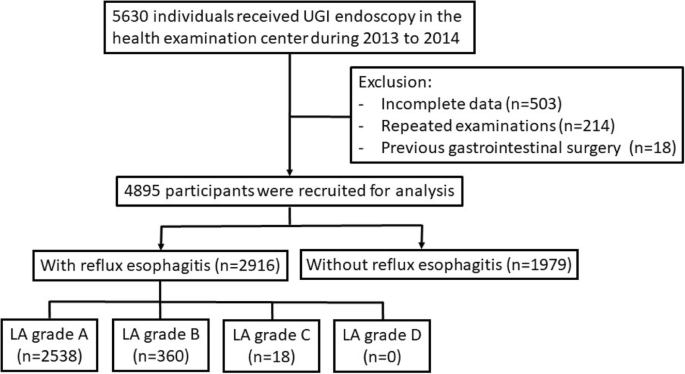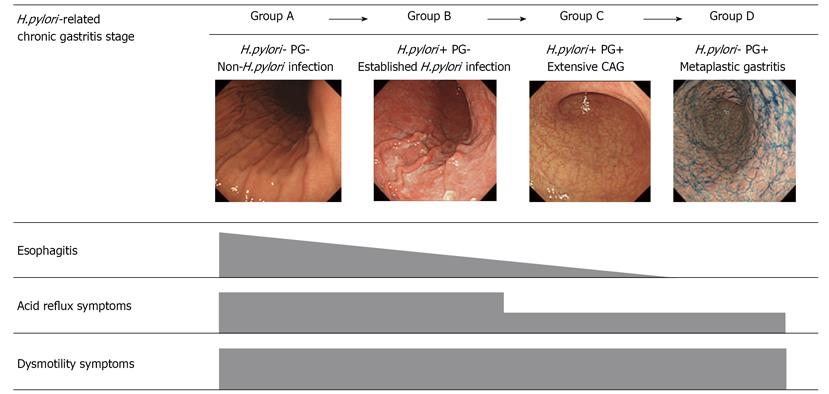

In patients presenting with reflux symptoms and no esophagitis, this is the only goal. Fortunately, the currently available medical and surgical therapies should allow this to be accomplished in all patients both acutely and long term.

Furthermore, these goals are set against a complex background - GERD is a chronic condition that tends to wax and wane in intensity and relapses are common.įrom the patient's viewpoint, relief of symptoms is the most important reason for seeking medical attention. These goals are easy to establish, but efficacy of the therapies and scientific data supporting the obtainability of these goals decrease as we progress from controlling symptoms to preventing complications. prevent the complications of long-term esophagitis, such as strictures ulcerations, bleeding and columnar metaplasia. heal and prevent the relapse of mucosal lesions (i.e., esophagitis) The goals of treatment in gastroesophageal reflux disease (GERD) are the following:

And you may need to refrain from lying down for 30 minutes after taking medication in pill form.What are the goals of treatment in reflux esophagitis? If your symptoms are due to medication, you may need to drink more water, take a liquid version of the medication, or try a different medication. You should avoid tobacco and alcohol.Ī procedure to dilate the esophagus may be necessary if the esophagus becomes too narrow and causes food to lodge. And ask your doctor for dietary guidelines. Take smaller bites and chew your food well. You can also ease your symptoms by avoiding spicy foods, acidic foods and drinks, and raw or hard foods. If food allergies cause your condition, you must identify trigger foods and eliminate them from your diet. proton pump inhibitors (these medications block stomach acid production).Treatment depends on the cause of your symptoms. This type is common in people with HIV or AIDS, cancer, and diabetes. You are at increased risk for this type of esophagitis if you have a weakened immune system due to disease or medications. Infectious esophagitis is rare and can be due to bacteria, viruses, fungi, or parasites.

bisphosphonates (drugs that prevent bone loss).This causes medications to linger in the esophagus too long. Drug-induced esophagitisĭrug-induced esophagitis can occur when you take certain medications without enough water. This causes chronic inflammation and irritation of the esophagus. GERD occurs when stomach contents like acids, frequently back up into the esophagus. Reflux esophagitis is usually due to a condition known as gastroesophageal reflux disease (GERD). Inhaled allergens, such as pollen, can also contribute to this form of esophagitis. According to the Boston Children’s Hospital, 1 in 10,000 children has this form of esophagitis. In children, this can make eating difficult. This happened when your body overrespond to an allergen. Types of esophagitis Eosinophilic esophagitisĮosinophilic esophagitis is caused by too many eosinophils in the esophagus.


 0 kommentar(er)
0 kommentar(er)
